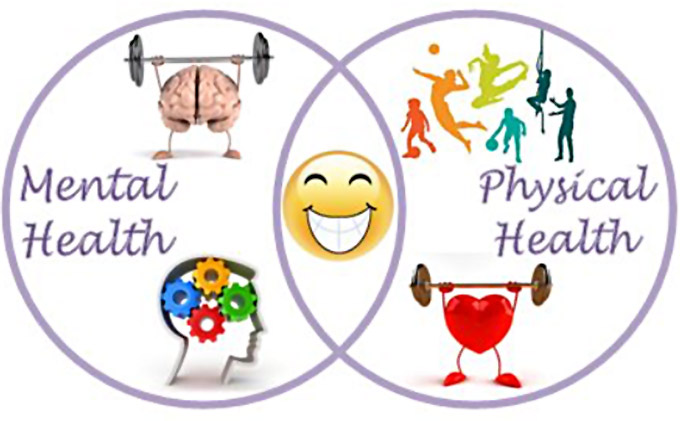The Connection between Physical and Mental Health
The more time I spend in the area of mental health, the more I learn about how intertwined our physical and psychological health really are. Recent research has started to point more clearly to the connections between the health of our gut (e.g. the digestive tract) and our mental health. One particularly interesting link seems to exist between our gut health and the anxiety we experience.
The gut is considered the “second brain” by many due to the 100 million neurons located in the enteric nervous system. The enteric nervous system runs along our entire digestive system and, in fact, is the site of the majority of the body’s serotonin–a neurotransmitter which contributes to mood regulation. The implications of this research may contribute to how psychologists, including myself, might look to approach the assessment and treatment of various mental health concerns.

Irritable Bowel Syndrome and Anxiety
Irritable Bowel Syndrome (IBS) is a disorder that affects more than 700,000 Canadians as outlined by the Canadian Community Health Survey (CCHS, 2007/2008). IBS involves a heightened sensitivity of the bowel in response to stress. This stress can be internal (e.g. infection, medical procedures etc.) or external. Some potential external stressors can include psychological experiences such as anxiety, depression, or trauma.
Anxiety as an external stressor seems to be one of the most prevalent comorbid conditions associated with IBS patients. A 2012 study indicated that over 34% of Canadians with IBS also have an anxiety disorder. Given the extent of overlap between IBS symptoms and anxiety, it can be important to consider treating mental health along with physical health when treating or managing IBS.
However, not all anxiety is bad. Anxiety is a normal part of being human. You might feel anxious before a first date, before a big presentation at work, or as you prepare for a difficult conversation with your spouse. In some cases, this anxiety is helpful in that it assists in mobilizing the resources in the body needed to function optimally (e.g. changes in blood flow in the brain might help focus on one task and block out everything else; it may make some emotions more prominent which could act as a motivator to get started on a project).
But, past a certain threshold–which is different from one individual to the next–anxiety is no longer helpful and can even make day-to-day living more difficult.
Common Symptoms of Anxiety
Everyone’s experience with anxiety is different, but there are some common symptoms that occur in several areas:
Cognitive Symptoms:
- Feeling as though you cannot stop thinking, especially when not distracted by something else
- Thinking about worst-case scenario in the current circumstance.
Emotional Symptoms:
- An overwhelming sense of dread
- Irritation
- Sadness
- Other emotions that may not be comfortable.
Physical Symptoms:
- Increased (racing) heart rate
- Muscle tension
- Shallow/quick breathing
- Stomach discomfort
- Trembling extremities
Behavioural Differences:
- May notice yourself avoiding anxiety-producing environments
- How you react to people or situations may change (e.g. snapping at colleagues or loved ones
How can Counselling Help?
Counselling can explore your symptoms, what might trigger them, your history with anxiety, and how it impacts your life currently. The strategies used to help manage the anxiety will be different from person to person but they may include: exploring any thoughts that might maintain or intensify the anxiety; teaching techniques that will change your physical anxious response (which might also lessen other types of symptoms); and assessing for ways that you might already be managing anxiety that could be enhanced or strengthened.
Ultimately, managing potential triggers that are affecting your gut health, such as anxiety, can contribute to bettering your overall physical health.
